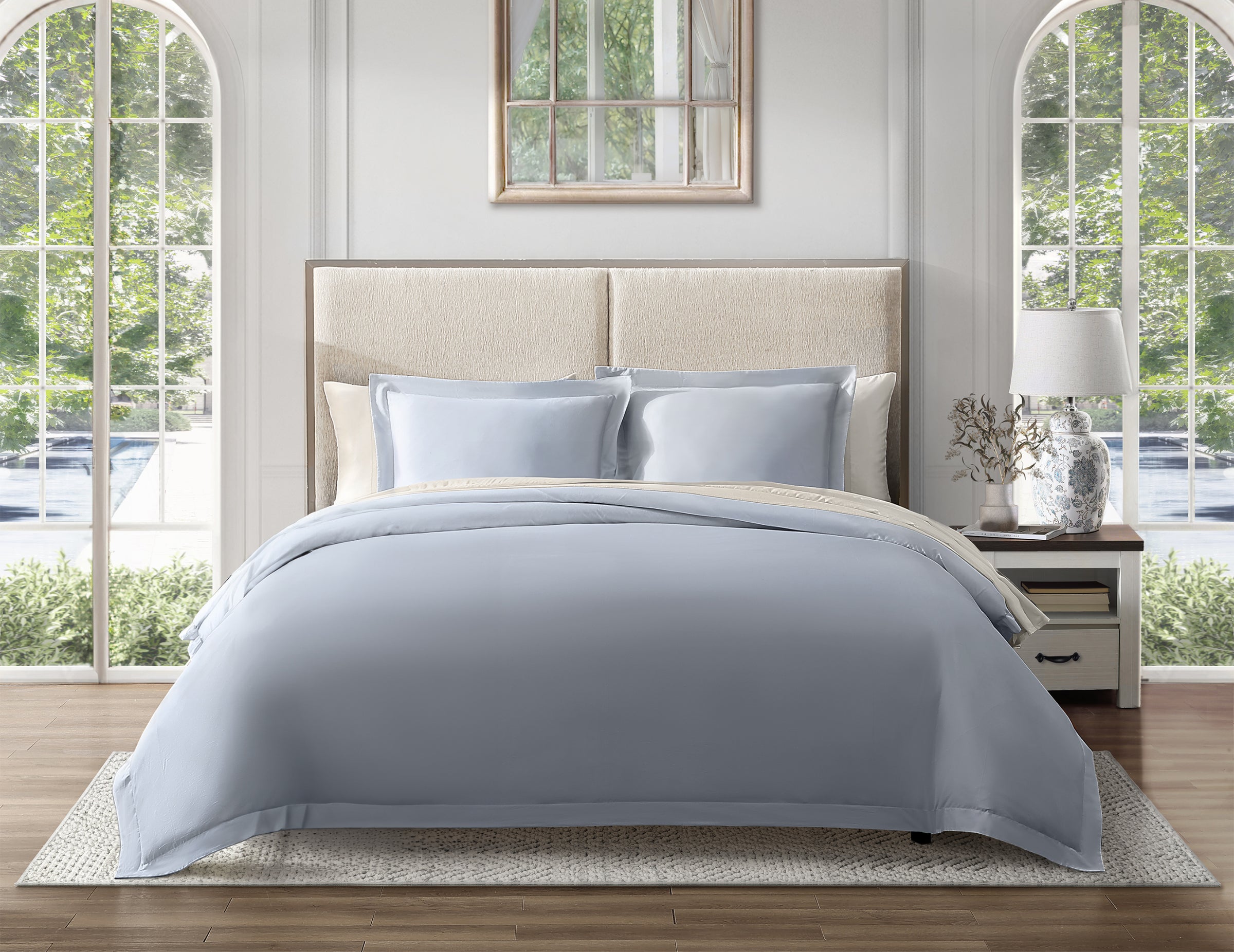
The Perfect Gift for Mom
Treat her to the ultimate luxury getaway at home with sheets, robes, throws & more.
gift guide


Shop By Category
See what others are saying

Pure Parima Perks
Risk-Free Trial
We’re so confident you’ll love our bedding that we offer a risk-free trial. If for any reason you are not satisfied, return any item(s) for a refund within 100 nights.
The New Gold Standard
At Pure Parima, we care about our customers, which is why we ensure our products are made using only certified materials and non-harmful substances.
Our Services
With Pure Parima, our perks are endless. We offer free U.S. shipping and returns, sustainable hand-wrapped gift packaging, dedicated customer care and more!






























